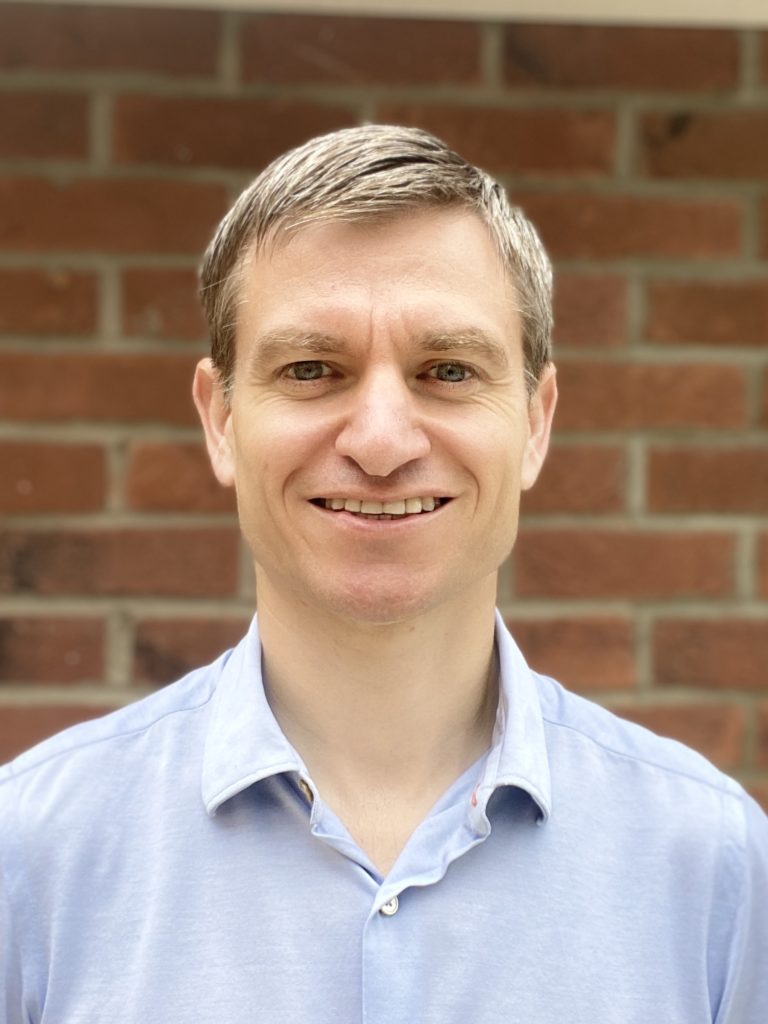
Name: Steve Hadley
Job title: Managing Director and Chair of the Federation of Piling Specialists
Company: Central Piling and the Federation of Piling Specialists
At university I had an industrial placement year working in both a contracting and consulting role. Post-graduation, I settled on an amalgamation of the two with a design and build geotechnical contractor, Rock and Alluvium. I managed to gain a lot of experience in quite a short space of time due to the rapid expansion of the business at that time. Fortunately, the company placed a great deal of faith in my burgeoning ability and I was able to increase my management responsibilities along with my technical skills. I spent seven years there in a large variety of roles and became a Chartered Engineer at the earliest opportunity.
My big break came when an opportunity came up to take over the business at Central Piling and I negotiated the purchase of the business. Since then my responsibilities have leaned more towards business improvement and commercial areas, but obviously as Managing Director, I oversee all aspects of our work.
Who or what inspired you to join the piling industry?
My personal tutor at Loughborough University was a geotechnics lecturer called Paul Fleming. I really connected with him and that helped me understand the subject, which in turn encouraged me to pursue it as a career. I’m still great friends with him.
What does a typical day entail?
I wake up at 6am and start the day with yoga, followed by a big breakfast. I start work at 8am and first plan my day and respond to any urgent emails. I then generally spend a couple of hours with more creative work such as writing blogs or marketing plans. I’ll then get out for a run and have a quick bite to eat before sitting down with my Estimating Director and Technical Manager to review high value and complex schemes. I’ll then join the contracts team to review production and any HSQE or HR issues that have arisen during the day.
Are there any projects that you’re particularly proud to be a part of?
We completed a scheme for Galliard Homes called Harbour Central a few years ago. This was a complex deep basement and 45 storey tower. We used some sophisticated design techniques to understand the soil and structure interaction. We delivered the job significantly under budget and ahead of programme. Everyone pulled together and we had a great relationship with the client and consultant teams from Meinhardt and CGL.
What are the most challenging aspects of your role?
There are times when I have to have difficult conversations with people about performance. This is a crucial part of the role so they understand the expectations that I and the company has. Similarly, I can get feedback if there’s something that the business can do to assist them. Ultimately it does make the process of severing the relationship easier if you’ve done everything to engage along the way.
When did you join the FPS and why?
I’ve been involved with the FPS since my early days at Rock & Alluvium where I sat on the Technical Committee. Central Piling joined around eight years ago. At the time, I saw it as an opportunity to help improve the business and provide a benchmark against other contractors. Since then as the company has matured and I see our participation more about playing a part in improving the lives of people working in the industry.
As Chair of the FPS, what does your role involve?
As well as the administrative side of the role, I’m the figurehead and responsible along with the rest of the Executive Committee for agreeing lots of the initiatives that the FPS undertakes. I’ll stay closely involved with many of those through their evolution.
What are your ambitions for the Federation of Piling Specialists over the next two year?
I’m particularly keen to ensure that the FPS messages resonate with more people, so I’m working hard to ensure that we look at alternative methods of outreach such as the blogs, podcasts and the webinar series that we’ve launched. My passion for wellbeing and equality is quite well established so they will be very prominent themes during my tenure. Nevertheless, the traditional FPS priorities such as site safety and commercial good practice will still be an integral part of FPS activity.
Why do you feel the FPS is important to the industry?
As a collective representing approximately 80% of the industry by turnover, we have a very strong influence when producing statements on sector issues. The various committees also contain the best minds within the industry in their respective fields and the FPS provides a forum in which they can work together to produce best practice guidance.
What changes would you like to see implemented within the geotechnical industry?
We need to make the industry more inclusive. There are practical ways to do this which the FPS is actively pursuing such as the mentoring scheme, internships and networking opportunities. Improving occupational health will also be beneficial in addressing the lack of gender and BAME diversity but it is important to everyone.
How do you feel COVID-19 has affected the construction industry and what can be done so the industry can make a full recovery?
It’s been a challenging period in many different ways. Friends of mine have struggled with the isolation and the uncertainty that has developed. The industry has adapted well and ultimately the work will return to normal levels. The financial support from the government and ultimately the guidance via Build UK have also been welcomed. Changes to some of our working practices have additionally provided an indicator of how we can work more sustainably in the future.